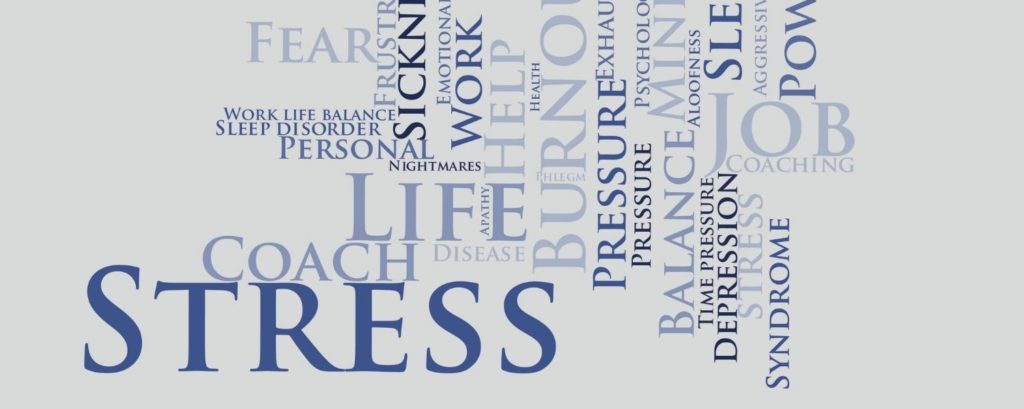In the final installment of our Fertility Week multi-part series, MFC Clinic Director Prof Mary Wingfield gives her advice on how to cope with the stress of infertility and its treatment.

From ‘The Fertility Handbook’ (Gill Press) by Prof Mary Wingfield.
It seems that most patients are able to cope with the multiple demands of infertility and fertility treatment. However, studies have shown that one in five, or 20%, of patients experience significant distress, which taxes their coping resources. International groups such as ESHRE (European Society for Human Reproduction and Embryology) are now recommending that doctors and clinics should try to help patients identify their level of stress and provide appropriate help to those who need it.1,2
It is really important for anyone with fertility concerns to recognise that it is absolutely normal to experience distress. The important thing to focus on is how to manage and cope with this distress and, rather than trying to eliminate the problem (which may not be possible), to work on ensuring that it does not take over.
And it is not just the fertility-related distress that needs to be tackled – don’t forget to look at other things, such as work, money, family, relationships, etc. I have seen people struggling with infertility and also trying to manage work, do a part-time degree and cope with an ill parent. We are not supermen or superwomen – however much we would like to be!
Lots of different stress-reducing programmes have been studied around the world. None has been found to be ‘best’ and this is probably to be expected. I generally advise people to try to figure out what has worked for them in the past. For some it may be exercise, for others socialising or going to the cinema and for others mindfulness or meditation.
Discussing one’s emotions and the use of meaning-based coping (e.g. thinking about the fertility problem in a positive light, finding other goals in life) seem to be associated with lower fertility-specific distress, whereas the use of avoidance coping strategies (e.g. avoiding being among pregnant women) seems to increase distress. Studies have also shown that social support and meeting people is important and even work can have a positive effect.
Most fertility clinics will offer support services and counselling and most GPs will also know professionals who can help.
Studies regarding what fertility patients want show that less distressed patients may not wish to receive counselling, and some may cope well with support from their spouses and family. In one study, two thirds of patients undergoing IVF treatment reported reading newspaper or magazine articles and watching television programmes about the psychological aspects of infertility, even though few participated in a support group or sought counselling before treatment. This suggests that, for some patients, information about local and national support groups and booklets on the psychological aspects of treatment, in addition to medical information, may be beneficial.

References:
- Gameiro, S., Boivin, J. and Domar, A. (2013) ‘Optimal in vitro fertilization in 2020 should reduce treatment burden and enhance care delivery for patients and staff ’. Fertility and Sterility 100: 302–9.
- Gameiro, S., Boivin, J., Dancet, E., de Klerk, C., Emery, M., Lewis-Jones, C., Thorn, P., Van den Broeck, U., Venetis, C., Verhaak, C. M., Wischmann, T. and Vermeulen, N. (2015) ‘ESHRE guideline: Routine psychosocial care in infertility and medically assisted reproduction – a guide for fertility staff ’. Human Reproduction 30(11): 2476–85.
